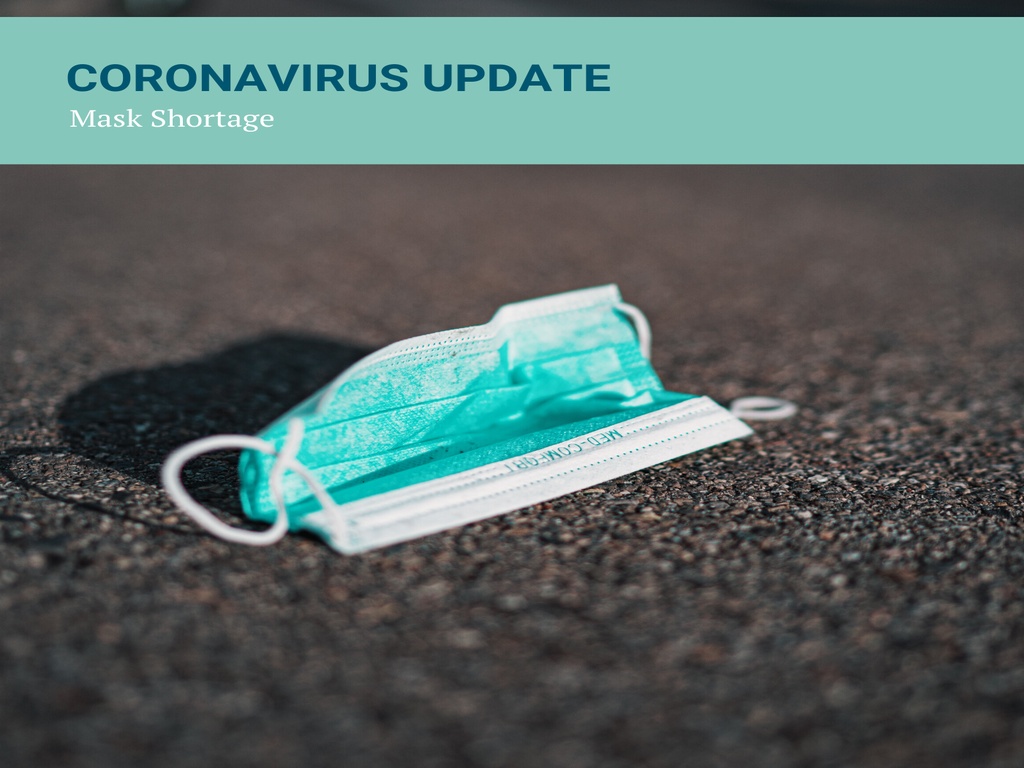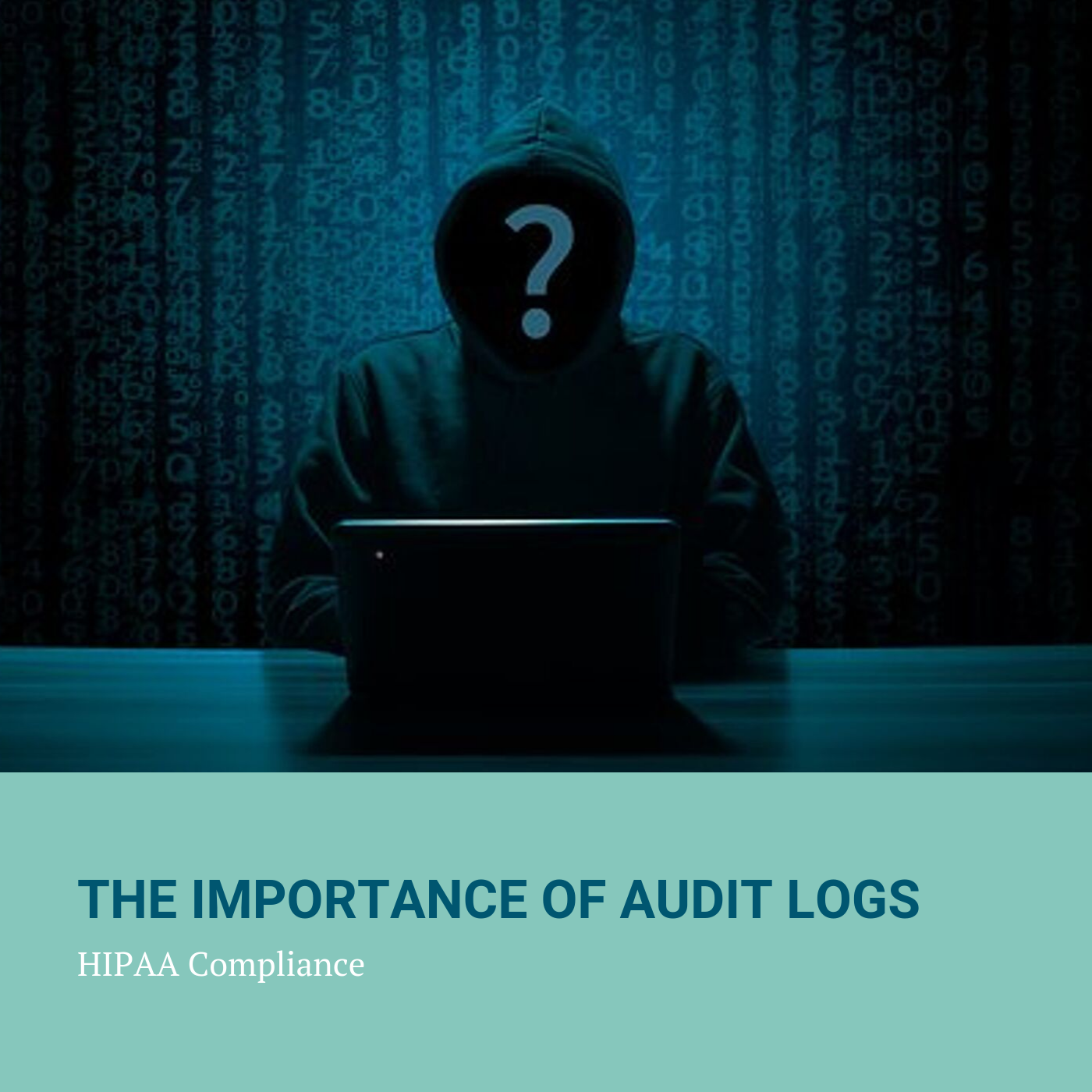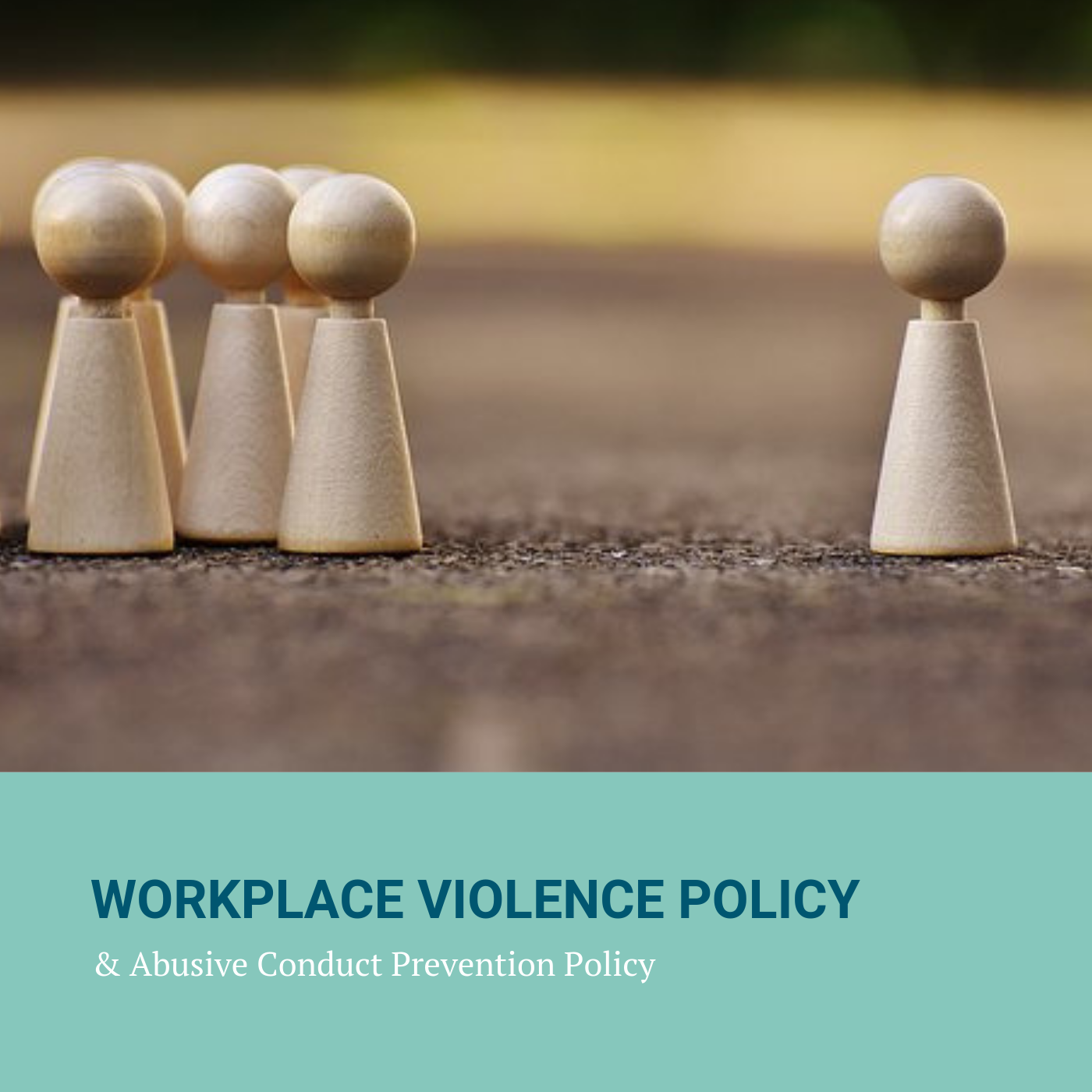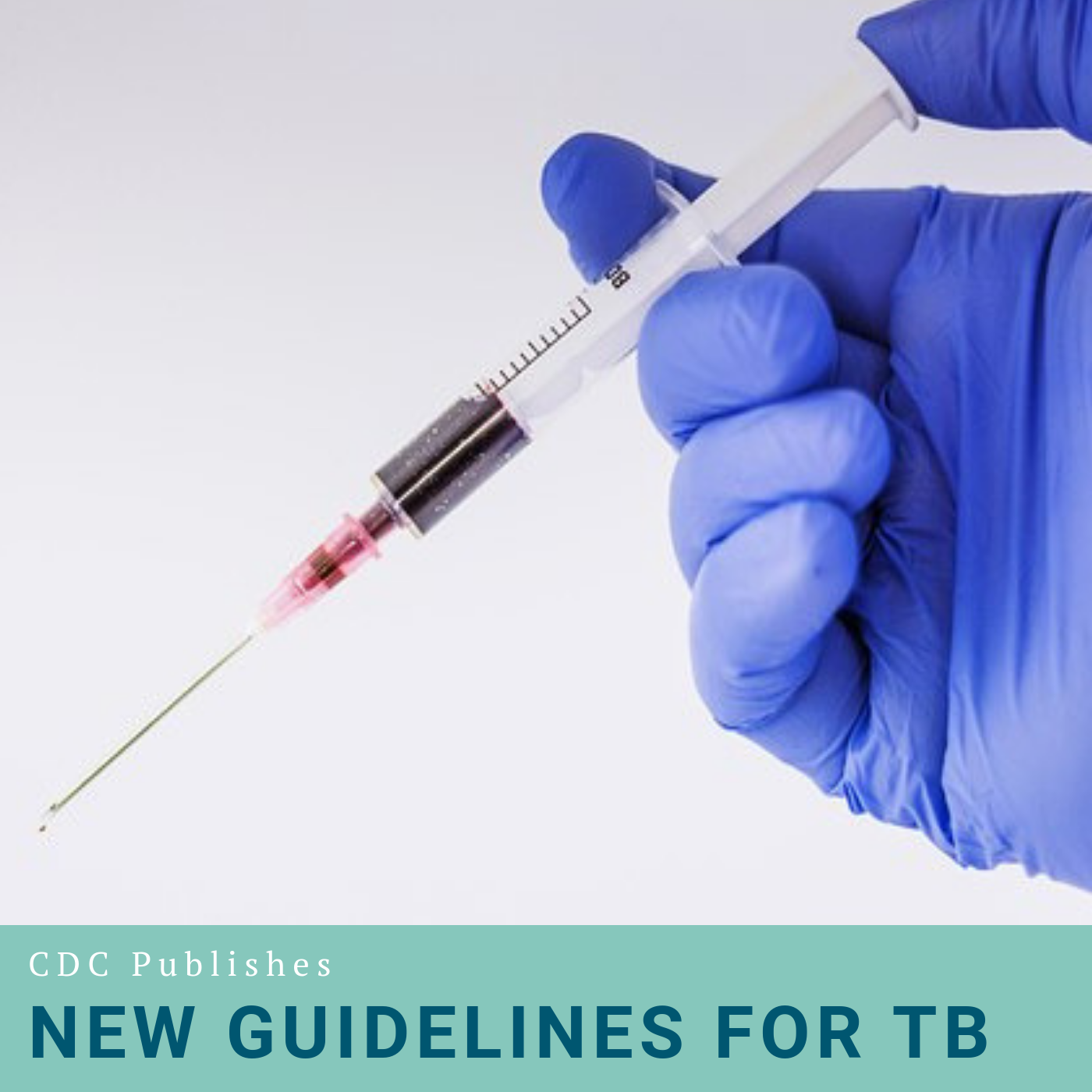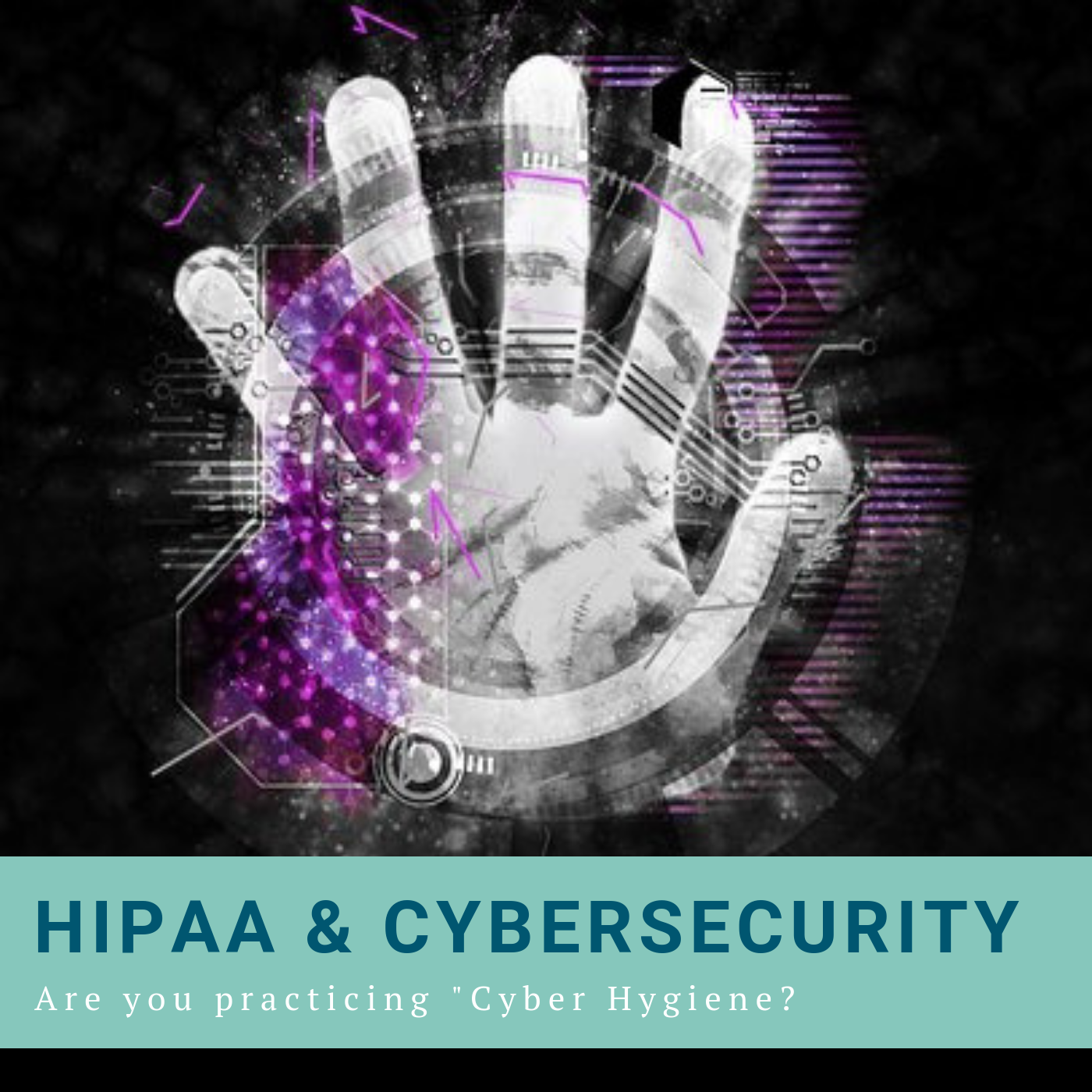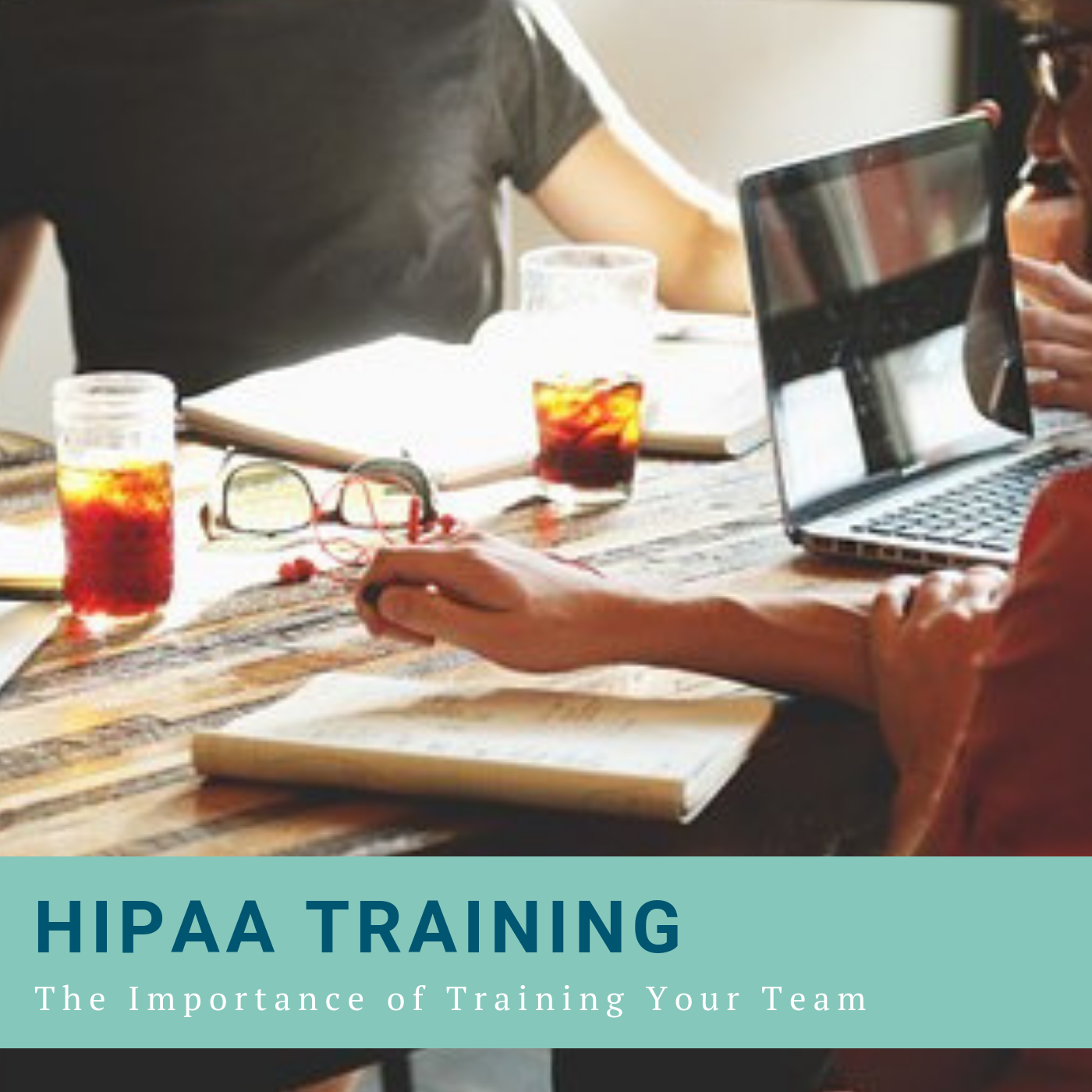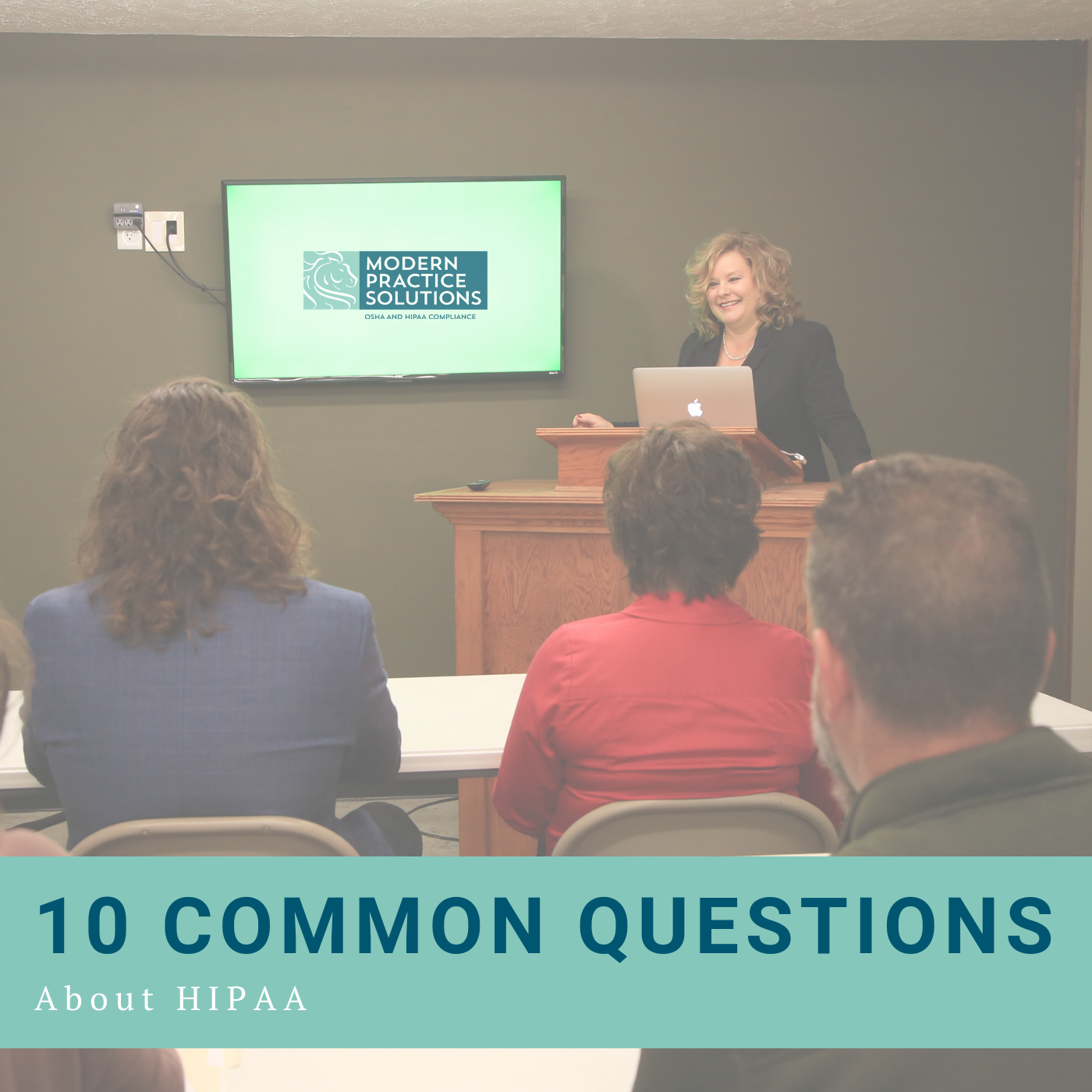Compliance
Coronavirus Results in Layoffs
COVID-19 and HIPAA
COVID-19 Mask Shortage
Is your amalgam separator running? Then you better go catch it!
As a dental hygienist, I never had to think about amalgam. I would mention a bluish stain along my patient’s gingival margin and ask her about her other tattoos. I would marvel at the amalgamator while dusting the unused equipment in the lab (aka “the land where time forgot”). I had requirements in hygiene school to polish them until they blinded the instructor, using Brownies and Greenies, and you know that I had a memory device for the order: “Tree trunks are Brownie, and they grow first. Greenie leaves grow last.” I certainly didn’t worry about where amalgam ended up when the dentist replaced it with composite.
Coronavirus Update: Mask Shortage
We have received numerous support calls regarding the mask shortage. Please read this information carefully.
Coronavirus Disease 2019 (COVID-19) is a respiratory disease caused by the SARS-CoV-2 virus. Symptoms include fever, cough, and shortness of breath. Some people have reported other symptoms while others report no symptoms at all. CDC indicates that symptoms of COVID-19 may appear in as few as 2 days or as long as 14 days after an exposure.
How to Stay CyberSane
Ransomware hits 400 dental offices. Cybercriminals are now demanding ransom directly from the patients according to one Florida plastic surgeon who had to post a notification on his website. Cybercriminals seek hundreds of thousands of dollars to decrypt your data held at ransom. HIPAA fines and penalties can be millions of dollars. Do you feel like you are losing your sanity trying to maintain your office’s cybersecurity and HIPAA compliance?
The first step in achieving cybersanity is to learn about cybersecurity. You can’t run from it. Simply having a trusted IT person is not sufficient.
Hey, Boo Boo: These Aren’t Your Average Gloves!
As a human, our hands are pretty important. As a dental professional, they’re mandatory!
When it comes to selecting items for Professional Hand Safety, use your head! Utility gloves are meant to protect you from SHARPS and CHEMICALS, not butter knives and dish detergent. Exam gloves aren’t going to provide the level of protection you need. Utility gloves need to be made from strong material such as rubber, nitrile, or latex and be given worthy titles such as “puncture resistant” and “heavy duty”. The right type may not be available at Walgreens. Yes, it’d be nice if they carried them, but we can’t have everything.
Don’t Let Your Livelihood Go Up in Flames
I’ve always been a cautious individual. I never wanted scars or great stories of how I narrowly escaped harm. I like my teeth, limbs, and eyebrows just the way they came, and the emergency room doesn’t seem thrilling. However, I realize there are some daredevils out there. I knew a couple of girls in high school who lit their batons on fire and performed for hundreds at football games. I didn’t envy their fame a bit, and I always wondered if they got burned. Whether you enjoy the adrenaline rush or not, I bet no one at your place of employment wants to be out of work due to a fire. So, if a fire began in your vicinity, what would you do?
International Assistance Dog Week
IADW was created to recognize all the devoted, hardworking assistance dogs helping individuals mitigate their disability-related limitations. The goals of IADW are to:
- Recognize and honor assistance dogs
- Raise awareness and educate the public about assistance dogs
- Honor puppy raisers and trainers
- Recognize heroic deeds performed by assistance dogs in our communities
The Importance of Audit Logs
Some of the top breaches happen due to unauthorized users accessing ePHI. What exactly is an unauthorized user? An unauthorized user is any individual(s) who have not been authorized or have not been given access to ePHI. It is the person or persons who used the protected health information or to whom the disclosure of protected health information was made. Under HIPAA, this is considered a breach and by law is reportable. Breaches of ePHI can be caused by mistakes (someone loses a laptop) or by a bad actor (hacker, rogue employee).
OCR – Right to Access
UPDATE Membership Plans
This video addresses the Tennessee Department of Commerce and Insurance’s recent position regarding dental service plans.
Workplace Violence Policy & Abusive Conduct Prevention Policy
Bullying includes acts of cruelty, belittlement, degradation, yelling or screaming, excessive or unjustified criticism, public reprimand or behavior intended to punish, such as ignoring or excluding someone from workplace activities, intimidation, ridicule, threats, insults or sarcasm, humiliating or demeaning a person in front of others, trivialization of views and opinions, or unsubstantiated allegations of misconduct, sabotaging someone’s ability to do their job, unfairly blaming them for mistakes or stealing credit for their work, assigning an excess of work deliberately to cause stress to the individual, or physical violence such as pushing, shoving, or throwing of objects.
CDC Publishes New Guidelines for TB
Center for Disease Control and Prevention (CDC) published new guidelines, Tuberculosis Screening, Testing, and Treatment of U.S. Health Care Personnel: Recommendations from the National Tuberculosis Controllers Association and CDC on May 17, 2019. These revised recommendations update those published in year 2005.
The goal in healthcare is to provide early identification and prophylactic treatment of personnel who convert a TB skin test and prevent the spread of nosocomial TB within the facility.
According to the CDC, health care personnel working in the U.S. are no longer considered at an increased risk for latent tuberculosis infection (LTBI) and TB disease from occupational exposures. Based on these findings, routine serial TB testing at any interval after baseline in the absence of known exposure or ongoing transmission is no longer recommended.
Risk Analysis/Risk Management
All ePHI that is created, received, maintained, or transmitted by an organization is subject to the HIPAA Security Rule. What is the HIPAA Security Rule exactly? “The HIPAA Security Rule establishes national standards to protect individuals’ electronic personal health information that is created, received, used, or maintained by a covered entity.” https://www.hhs.gov/hipaa/for-professionals/security/index.html
HIPAA and Cybersecurity
It’s no secret that HIPAA regulatory compliance can be very time consuming and substantially increase costs. Confusing, obtuse regulations written in difficult to understand language can be bewildering and overwhelming for healthcare organizations, especially small to midsize organizations with limited management resources. HIPAA compliance is no exception. According to the Office of Civil Rights, covered entities must make a ‘good faith effort’ in the following areas of compliance: 1) Recent Security Risk Assessment; 2) Active Risk Management Process (Work Plan); 3) Current policies and procedures for protection of patient data; 4) Signed Business Associate Agreements; and 5) Employees having been trained within the last year.
The Importance of HIPAA Training
A recent study in the Journal of the American Medical Association showed that over half of data breaches are caused by internal issues – many of which are directly related to a lack of effective employee training. You can read more about the recent study at https://www.hcinnovationgroup.com/cybersecurity/news/13030905/study-internal-negligence-not-hackers-responsible-for-half-of-data-breaches. Clearly employee training should not be taken lightly.
10 Most Common Questions about HIPAA
We get a lot of questions from our clients and thought we would share some of the most frequent with you:
Q. When can we say we are HIPAA compliant?
A. We get this question a lot. There is no definitive answer on this. However, based on what we see from the Office of
Civil Rights, an organization will be considered HIPAA compliant if they make a “good faith” effort, which would
generally, include the following:
CE Requirements for Tennessee Dental Offices
As we approach the end of the year, please be sure your entire team has satisfied continuing
education (CE) requirements. The Board of Dentistry requires strict compliance. Additionally, verify that the dental licenses are current. Failure to maintain a current license is a costly mistake that has a negative impact on your team member and you.
Display the dental licenses in a conspicuous place as required by the board. In this manner, you can ascertain that the licenses are current. Calendar the renewal dates to ensure that there is no lapse. Otherwise, maintain a spreadsheet with everyone’s names and renewal dates.
HIPAA Business Associate Agreements
Business Associate Agreements (BAAs) are a very important requirement of HIPAA compliance and should not be overlooked. Organizations have gotten into trouble because of lack of a BAA and Business Associates (BAs) are quite often the source of breaches. This tip is written from the point of view of a Covered Entity, although the same concepts apply to BAs as well (Note: a BA can also have a BA! This is called a “downstream” BA – see below.)



